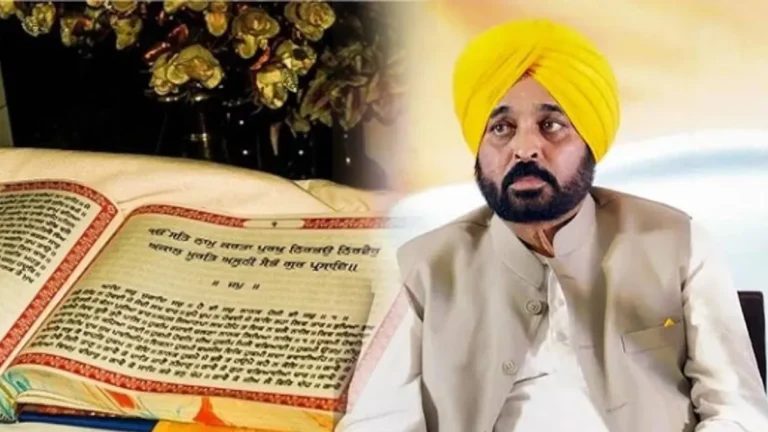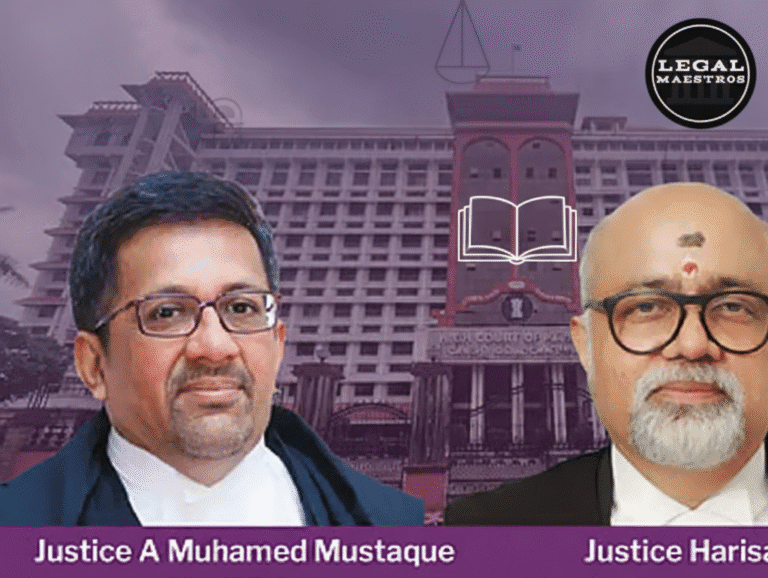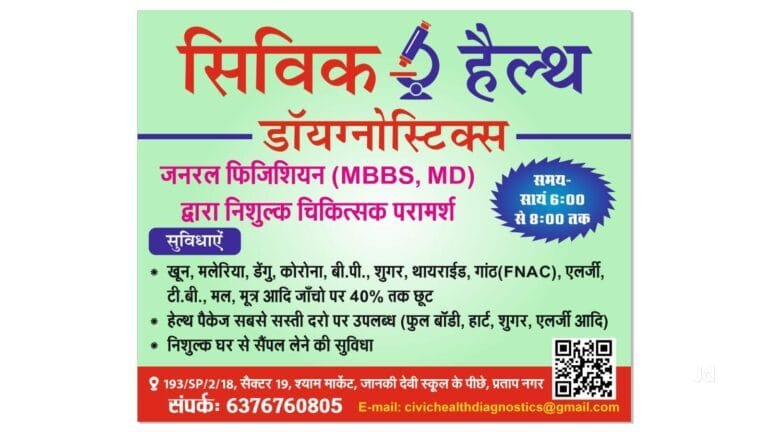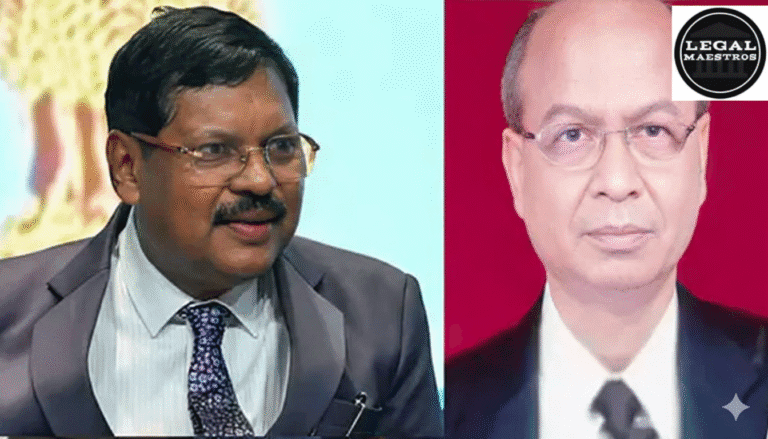
The news of Smriti Irani, a Member of Parliament (MP), returning to the television series, namely, Kyunki Saas Bhi Kabhi Bahu Thi, has raised the legal and constitutional issues of elected members of the parliament pursuing other profession besides working at the parliament. In this article, the authors look into the applicable provisions in the Indian law and explore the concept of office of profit and conflict of interest to determine where the limits go to allow what happens on the part of MPs.
The Role and Duties of a member of parliament
India A Member of Parliament is a public office in India. The job associated with this office is not without serious responsibilities and these are mainly to represent their constituency, engage in the business of lawmaking and also check the executive. The Indian constitution and other legislations regulate the behavior and qualification of MPs.
Membership disqualification: Article 102 and the Constitution
The specifications of grounds, of disqualification of the membership of either House of the Parliament, are stipulated in Article 102 of the Constitution of India. These include:
For any queries or to publish an article or post or advertisement on our platform, do call at +91 6377460764 or email us at contact@legalmaestros.com.
Office of Profit: A is disqualified to be elected– If he holds any office of profit under Government of India or Government of any State, other than an office, by which he is by law declared not to be disqualified. The reasoning of having such a provision is to guarantee the independency of MPs and exclusion of any possible conflict of interest between the legislative duties in MP and monetary benefits of a position held by a government.
Unsound Mind: When judged of being of unsound mind by a competent court.
Undischarged Insolvent: In case of undischarged insolvent.
For any queries or to publish an article or post or advertisement on our platform, do call at +91 6377460764 or email us at contact@legalmaestros.com.
Foreing Citizenship/Allegiance: is not a citizen of India, or has voluntarily become a citizen of a foreign State, or acknowledges any allegiance or adherence to a foreign State.
Under or by a Law made by Parliament: Disqualified by or under any law made by Parliament: This is in addition to invalidations in the Representation of the People Act, 1951 and the Tenth Schedule (anti-defection law).
The concept of office of profit is very important. Although the Constitution has not defined what office of profit is, the judicial pronunciations and the parliamentary practices have determined that office of profit should be defined as a post that accrues to the holder some economic benefit or advantage or the ability to influence a governmental decision. The major point to keep in mind is that does the office enable an owner to enrich oneself or to use executive authority. The Parliament has the powers in law to exempt some offices against disqualification.
For any queries or to publish an article or post or advertisement on our platform, do call at +91 6377460764 or email us at contact@legalmaestros.com.
Representation of the People Act 1951
In addition to Article 102 is the Representation of the People Act, 1951 which further lays down multiple disqualifications regarding membership of Parliament and state legislatures. These are mostly electoral crimes, fraud, criminal records, and non-submission of accounts of the elections.
Conflict of Interest: the Limits of Disqualification
Whereas the office of profit is directly connected with the question of disqualification, the overarching idea of the conflict of interest applies to the work of all public servants, including MPs. Conflict of interest happens when some personal interests (financial ones or any other interest that one has) might have a chance to affect the work of the person or his or her decision-making in a specific state of things.
In India, process of conflict of interest in MPs does not exist as a substantive law. Nevertheless, there are some rules and codes of conduct that have an intention to control this aspect:
For any queries or to publish an article or post or advertisement on our platform, do call at +91 6377460764 or email us at contact@legalmaestros.com.
Rules of Procedure and Conduct of Business in Lok Sabha and Rajya Sabha: The rules provide that MPs who have a personal, pecuniary or direct interest in a question that is coming before House must declare an interest in the House; this leads to a exclusion of members with a personal, pecuniary, or direct interest in the matter. As an example, Rule 293 of the Rules of Procedure and Conduct of Business of Rajya Sabha stipulates that the MPs ought to declare their interests based on the following categories: remunerative directorship, remunerated activity, majority shareholding, paid consultancy and professional engagement.
Code of Conduct of Ministers: There is a specific code of conduct that applies to the ministerial MPs and in many instances it limits the activities of their own business to a greater extent.
Ethics Committees: Ethics Committees exist in both the Houses of the Parliament, Lok Sabha and Rajya Sabha. Such committees are expected to be in charge of monitoring moral and ethical behaviors of the members and analyze instances of ethical misconduct. They are able to prescribe different measures such as reprimand or suspension in the event of violation of ethical standards.
For any queries or to publish an article or post or advertisement on our platform, do call at +91 6377460764 or email us at contact@legalmaestros.com.
But the ability of these arrangements to overcome all conflict of interest and the conflict of interest occasioned by personal employer-employee relations in particular has been continually discussed. Even when they exist, disclosure mechanisms have been observed to lack completeness, timeliness as well as openness to the general populace.
MPs and Private Professional Engagements
The issue of the ability of the MP to participate in a TV program or get involved in other personal professional activity is basically constituted by two major legal issues:
Is the office an office of profit under the government? Performing in a TV show to a production house which is in a private sector, or other works that belong to the private sector, are not normally considered an office of profit under Government of India or any State Government. The compensation is accepted by a non-governmental party, and the post does not imply the disclosure of the government power and influence. Thus, the appearance of in a TV show as an MP is not in and of itself a reason to be disqualified under Article 102(1) (a).
For any queries or to publish an article or post or advertisement on our platform, do call at +91 6377460764 or email us at contact@legalmaestros.com.
Does the activity present them with the conundrum of a conflict of interest to their official responsibilities? Here, the moral and practical decisions are to be considered. Although it is not a direct exclusion the activity of an MP in a separate profession may raise a conflict of interests in case of:
Time Commitment: The professional activity time required of the person is a big limitation to their capacity to be able to attend sessions at parliament, debate, attend committee meetings or to be able to serve their people in parliament.
Use of Public Office to obtain Privilege: The MP takes advantage of their position, influence or access to privileged information that they got because of holding a public office and using same to benefit their own private profession, or the causes they are related or identified with.
For any queries or to publish an article or post or advertisement on our platform, do call at +91 6377460764 or email us at contact@legalmaestros.com.
Policy Impact: Their personal careers may have an impact on their policy overall or voting record. In this case, one of the examples is an MP who is an actor and some questions may arise when it comes to arguing the policies that concern the entertainment industry.
Current legal system regarding conflict of interest in India in the context of private interests of the MPs is basically based on disclosure and ethical committees. Whether an MP can pursue a separate profession, such as to be an actor, is not a particular point of law: an MP cannot be debarred outright, as long as his continuing it it does not amount to an office of profit and does not involve a direct contravention of the rules of parliament or of the codes of ethics.
Case of Smriti Irani: Factual Outlook
The case of Smriti Irani going back as an actor of the show where she continues to be an MP is case where her payment would be against a private production house of television. This position, per se, is not included in the conventional ways of considering an office of profit under government. So, her acting position stands in and by itself alone as not a disqualification ground as Article 102 would have it.
For any queries or to publish an article or post or advertisement on our platform, do call at +91 6377460764 or email us at contact@legalmaestros.com.
The court challenge would mainly be on whether her professional acting engagements:
Dent her attendances and participation in the Parliament: This is because the MPs are supposed to attend to their responsibilities and prolonged or repeated accessibility in other places because of other activities apart the motives of service in the parliament might raise concerns.
Bring into existence any personal or material conflict of interests: e.g. should she vote on a piece of legislation that literally affects the production house she is employed by, or whether she can use her parliamentary status to secure a form of undue advantage in her acting career.
For any queries or to publish an article or post or advertisement on our platform, do call at +91 6377460764 or email us at contact@legalmaestros.com.
The Indian law provisions are not explicit that prohibit MPs to have a personal profession. It still rests upon the individual Member of Parliament to take action to make sure that his or her personal pursuits do not interfere in his or her public responsibilities and cause conflict of interest and in cases where such allegations of breach of interest arise, parliamentary institutions such as the Ethics Committees should take courses of action. The resolving of this choice of compatibility of parliamentary duty with outside vocations consequently stays fairly as much in the hands of the particular MP, within the overall discussion of constitutional guidelines and parliament rules.






1 thought on “Can MPs Act in TV Shows? Smriti Irani’s Kyunki Saas Bhi Kabhi Bahu Thi Role Under Constitutional Lens”